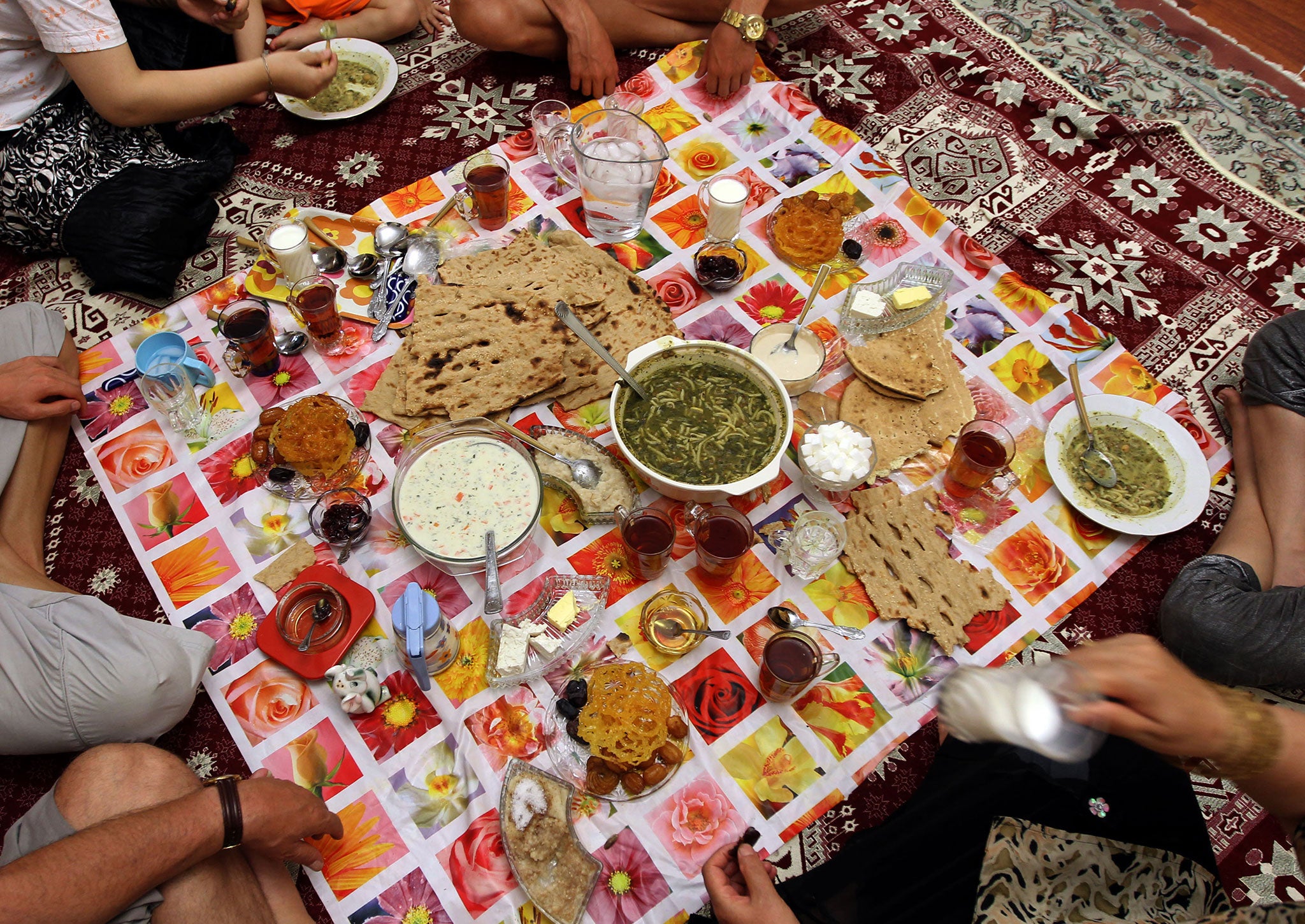The viral success of #RamadanProblems couldn't have come at a better time
With Islamic extremists dominating the media agenda, it's time people realised that the majority of Muslims don't always take things so seriously

To some, Ramadan is just a month where Muslims abstain from food, drink and other worldly pleasures — binge-watching Orange Is the New Black included.
However, one thing Muslims aren’t abstaining from is their sense of humor. This week Muslims have made waves on Twitter discussing the Holy Month, and the trending topic #RamadanProblems has given them a way to connect through their experiences.
But it has also given outsiders a way to peer into the lives of Muslims, and realise they’re not so different from everyone else.
Despite considering myself a relatively secular Muslim, Ramadan is a time when I embrace the Islamic spirit and fast during daylight hours in an attempt to remind myself of the less fortunate.
#RamadanProblems is a tongue-in-cheek look at the everyday struggles caused by self-imposed hunger, and how your behavior can alter during the holy month.
It has emerged every year, but this year it has gone viral, with some hilarious tweets bringing it into the spotlight.
With ISIS pillaging their way through Iraq and Syria, it hasn’t been a great month for Muslim PR. If you look at the media, it would seem like all Muslims are Jihadi-fighting wrist choppers, more likely to tweet about a new caliphate than #RamadanProblems.
However, the self-deprecating humour featured in many of the #RamadanProblems tweets shows the world that not all Muslims take themselves so seriously, a quality that most media forgets to portray in this time of growing instability and chaos.
Because of Islamic extremism, many Muslims have attempted to distance themselves from the hateful individuals wreaking havoc in the Middle East, and begun to identify themselves as “cultural Muslims”.
They have embraced the aspects of their faith, like Ramadan, that are focused on strengthening bonds among the community in a similar way to the many secularised groups in Christianity and Judaism who bring themselves together during religious holidays.
Along with other peaceful Muslims, they have had to defend themselves against the media’s portrayal of Islam, and repeatedly insist that “not all Muslims are terrorists”. However, #RamadanProblems does more to humanise the community than this embarrassingly obvious slogan.
Although it’s not just #RamadanProblems that is chipping away at Western stereotypes. Last month, a photo of a Muslim family spread across Twitter, Facebook and Instagram.
It shows two parents holding up signs – the mother is Sunni and the father Shia – with the child in the middle a combination of the two, or #SUSHI. With all the hysteria surrounding the sectarian violence erupting in Iraq and Syria, it’s a timely reminder that sectarian violence isn’t part and parcel of growing Muslim.
Humour has always been a powerful tool in shattering stereotypes about the Middle East, the Arab World and the many faiths and ideologies that make up the region. Now, with the catalyst of social media, it has a real chance to make a difference around the world. Funny hashtags might not put an end to the awful events taking place in the Middle East, but they can certainly encourage positive conversations for change.
Join our commenting forum
Join thought-provoking conversations, follow other Independent readers and see their replies
Comments